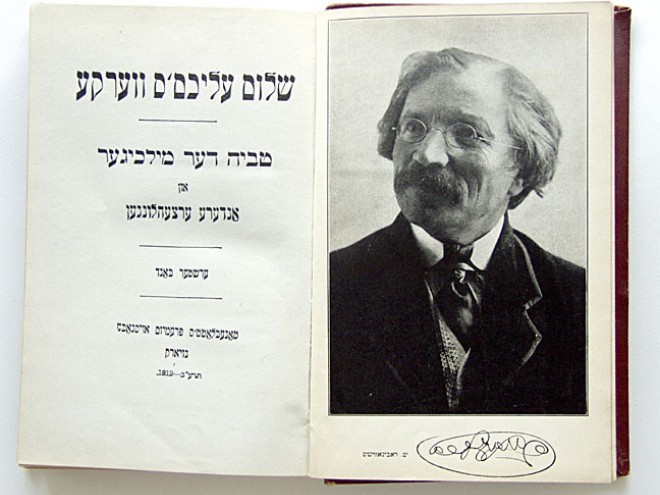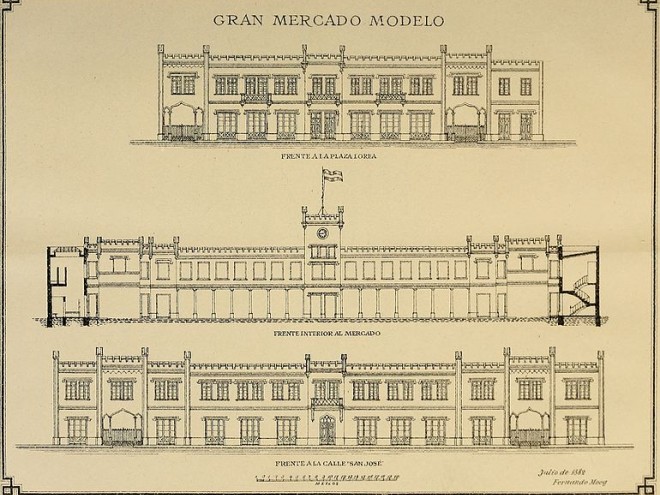Talia Carner’s fourth novel, Hotel Moscow, was just released by HarperCollins. It is the story of an American woman who travels to Russia shortly after the fall of communism, becomes embroiled in investigating a business crime, and when facing anti-Semitism, comes to terms with her parents’ Holocaust legacy and her own Jewish identity. She will be blogging here all week for Jewish Book Council’s Visiting Scribe series.
 A seventh-generation Sabra, I grew up in Tel-Aviv among the “Second Generation,” children of Holocaust survivors. My friends’ parents were a decade older than mine and spoke German, Czech, Polish, Russian or Hungarian at home. They had survived the war’s degradations and losses, then crawled out of the ashes and created a second family, producing one child who rarely had grandparents, aunts, uncles, or cousins. That child became a stand-in for all the dead relatives, and I described her in my short story, Empty Chairs.
A seventh-generation Sabra, I grew up in Tel-Aviv among the “Second Generation,” children of Holocaust survivors. My friends’ parents were a decade older than mine and spoke German, Czech, Polish, Russian or Hungarian at home. They had survived the war’s degradations and losses, then crawled out of the ashes and created a second family, producing one child who rarely had grandparents, aunts, uncles, or cousins. That child became a stand-in for all the dead relatives, and I described her in my short story, Empty Chairs.
In these homes, the Holocaust hung in the air in sepia-colored photographs, foreign language, food hoarding of the formerly starved, European cloths unsuitable for the hot Israeli summers, or stooped shoulders. The children lived what someone once described as “undecipherable childhood.” It was not the absence of an extended family, but rather in the existence of that extended family — as ghosts. Whether the dead were discussed or were shrouded in silence, they forever existed as cutouts around the family table.
We were rambunctious Sabras — in the street. At home, Second-Generation children were polite toward their parents who had suffered so much. How could a teenager gripe about pimples when her mother, at her age, saw her brother shot in the street? They knew that their parents’ victory over the Nazis was in their success. They practiced the violin and excelled in school — or they fell apart under the lifelong mourning. Our friend Elyahu slid into a life of drugs and drinking; I can still visualize his wounded parents, walking together to work — always silent, never smiling — and returning late to their dark apartment, still silent, people hollowed out and incapable of giving love to their one, lonely son.
My generation, born after the Holocaust, was assigned the mission “to remember.” When I was ten, our class visited the nascent Holocaust museum in Jerusalem. In a dark cave we were shown lamp shades made out of Jewish skin and soap made of body fat. There was no sparing of the horrors for our young souls. No, we were to bear witness to history. More vividly, we witnessed it through our neighborhood’s meshuggenehs, who roamed our streets, picking shreds of paper, mumbling to themselves or shrieking to high heaven. The code word “Auschwitz” was whispered to explain everything that happened “there.” “There” was different from “abroad,” which was where my parents traveled on vacation.
The older I became, the less I understood the Holocaust. But in December 1992, at the Holocaust museum in Sydney, Australia, I broke down, hysterical. Afterward, I was “Holocausted-out.” I could no longer bear the pain of such hatred.
That’s when the character of Brooke Fielding, the protagonist of my new novel, Hotel Moscow, emerged. She embodied my Second-Generation childhood friends along with the many Second-Generation American Jews I’d met since moving to New York. They would often confide in me that their parents’ agony is never far from their minds and hearts; the visions are as vivid as if they’d been “there” themselves, forever following them like a bubble of air they are breathing.
Unlike the friends in my neighborhood that shared that same past, Brooke’s friends are clueless about that part of her. She seeks Jewish identity undefined by the Holocaust, but for her, Jewish history had no real depth beyond the 1940s: the Holocaust was a starting point. Faith? Her mother had refused to talk to God until “He apologized for what he did to us.”
It is there in Moscow, when facing unabashed anti-Semitism, that Brooke comes to terms with who she is. Her years of running away from her legacy “to remember” are over when she feels the pride when being accused of having “a Jewish gene” and she flaunts her Star-of-David necklace.
My Sabra-Jewish genes go back to an ancestor who built the first synagogue in Jerusalem after the Temple had been destroyed. But while I can’t claim a tragic loss or a traumatic Holocaust past, I can claim belonging to the Second Generation, because I was conditioned “to remember,” and remember I do.
For more about the author and the book, please check www.TaliaCarner.com.
Related Content:
- Inheriting the Holocaust: A Second Generation Memoir by Paula S. Fass
- God, Faith & Identity from the Ashes: Reflections of Children and Grandchildren of Holocaust Survivors edited by Menachem Z. Rosensaft
- Quiet Americans by Erika Dreifus



